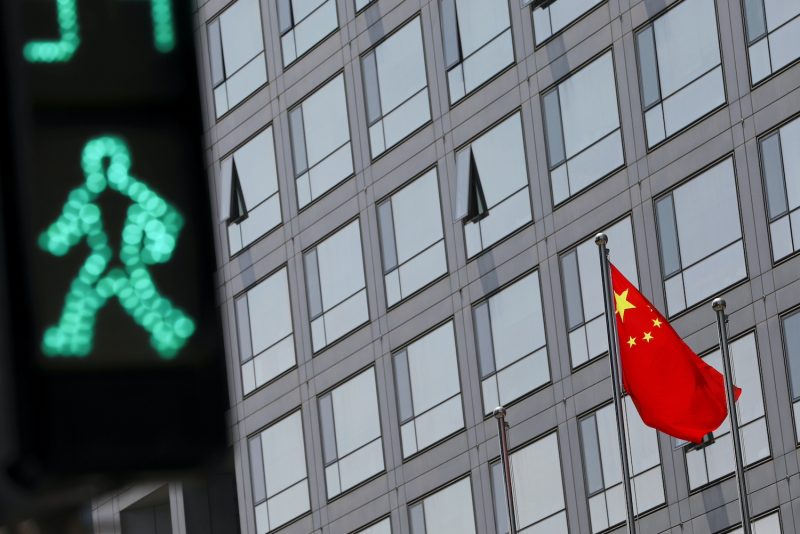China’s largest online audio platform Ximalaya will file for an initial public offering (IPO) in Hong Kong next week after dropping its plan to list in the United States, according to three sources with direct knowledge of the matter.
The Shanghai-based company announced on Thursday it would not proceed with its US IPO, which aimed to raise about $500 million.
Instead, it will press ahead with a Hong Kong listing and lodge its preliminary prospectus as early as Monday, two of the sources said. All three sources with direct knowledge of the matter could not be named as the information has not been made public.
The size of the float has not been determined, according to the sources. But two of them said the company is targeting a larger amount than the $500 million they had planned to raise in a US IPO. The company aims to debut in Hong Kong by the end of the year, said one of the sources.
Ximalaya did not respond to a request for comment.
‘Pushed to drop US IPO’
Reports in May said that Ximalaya, the country’s top podcast and audio app operator, had been pushed by China’s regulators, including the Cyberspace Administration of China (CAC), to withdraw its US listing plans and go public in Hong Kong instead.
The decision to turn to Hong Kong over the United States comes as Chinese authorities further tighten their ideological grip on private media and internet businesses amid China-US tensions.
China is reportedly framing rules to ban companies involved in ‘ideology issues’ from listing outside the country, including in the United States.
Ximalaya is backed by tech majors Tencent, Xiaomi and Baidu as well as Sony Music Entertainment, according to its initial filings in the US.
In the first quarter of 2021, Ximalaya had about 250 million monthly active users, nearly a fifth of China’s population, according to the filings. It offers users a platform to access free or paid content from roughly 5.2 million professional or amateur content creators.
• Reuters and Jim Pollard
ALSO SEE:
Didi Plunge Pulls Down US-listed China Shares, Lawsuits Could Mount
US IPO market becomes a danger zone for Chinese firms
























